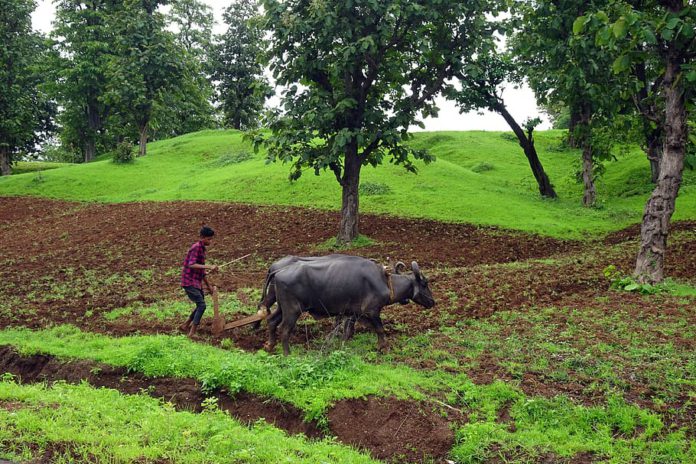New Delhi (NVI): In a bid to push India’s agriculture at a wider level, the government is all set to announce Bharatiya Poshan Krishi Kosh (BPKK) for the better nutritional outcomes across the country.
This initiative of the government will be a repository of diverse crops across 128 agro-climatic zones in India which will enhance the better nutritional outcomes.
The BPKK scheme to be launched on November 18 by Union Minister of Women and Child Development (WCD), Smriti Zubin Irani in the presence of Co-chair, Bill & Melinda Gates Foundation, Bill Gates and eminent agricultural scientist Prof. M. S. Swaminathan, said an official statement.
At the request of the Ministry of WCD the Harvard Chan School of Public Health through its India Research Center and the Bill and Melinda Gates Foundation will document and evaluate promising regional dietary practices and develop a food atlas on regional agro-food systems. Both efforts are aimed at mobilizing the diverse sectors of the society, said the statement.
In consultation with Ministry of WCD and Bill & Melinda Gates Foundation, the project team will select around 12 high focus states which are representative of the geographical, social, economic, cultural and structural diversities of India. In each of the states or group of states, the team will identify a local partner organization which has relevant work experience in Social and Behavior Change Communication (SBCC) and nutrition for developing the food atlas.
The government’s efforts towards better nutrition has revolved around providing nutritional supplement and other supply-side schemes. However, two other approaches are required to complement the government’s efforts to promote healthy dietary practices. First, addressing the challenge of malnutrition at such a vast scale requires a basic understanding of the social, behavioural and cultural practices that promote and reinforce healthy dietary behaviours both at the individual and community level including the variation in such practices across India, said the statement.
Second, creating the first-ever database that links relevant agro-food system data at the district, with an aim to map the diversity of native crop varieties that will be more cost-effective and sustainable over the long run, the statement added.
–ps











